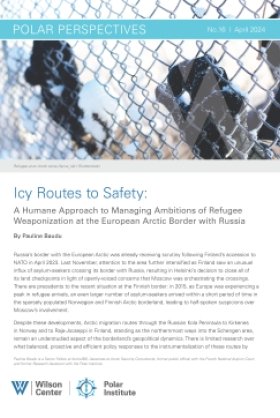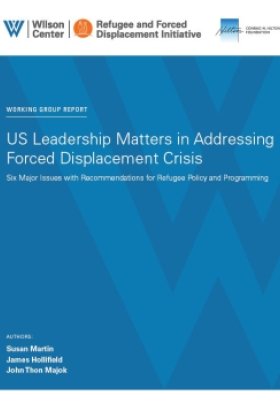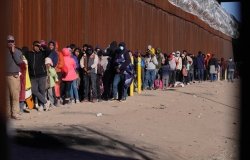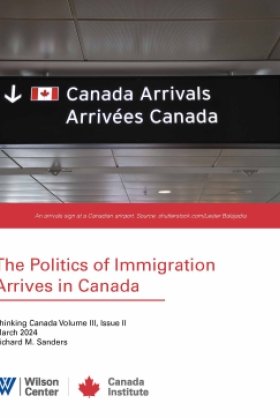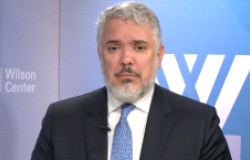U.S. Immigration Policy since 9/11: Understanding the Stalemate Over Comprehensive Immigration Reform
In a new MPI report, Marc Rosenblum examines the political landscape that emerged after 9/11, detailing legislative actions that resulted in new enforcement mandates and failed efforts to enact comprehensive immigration reform.
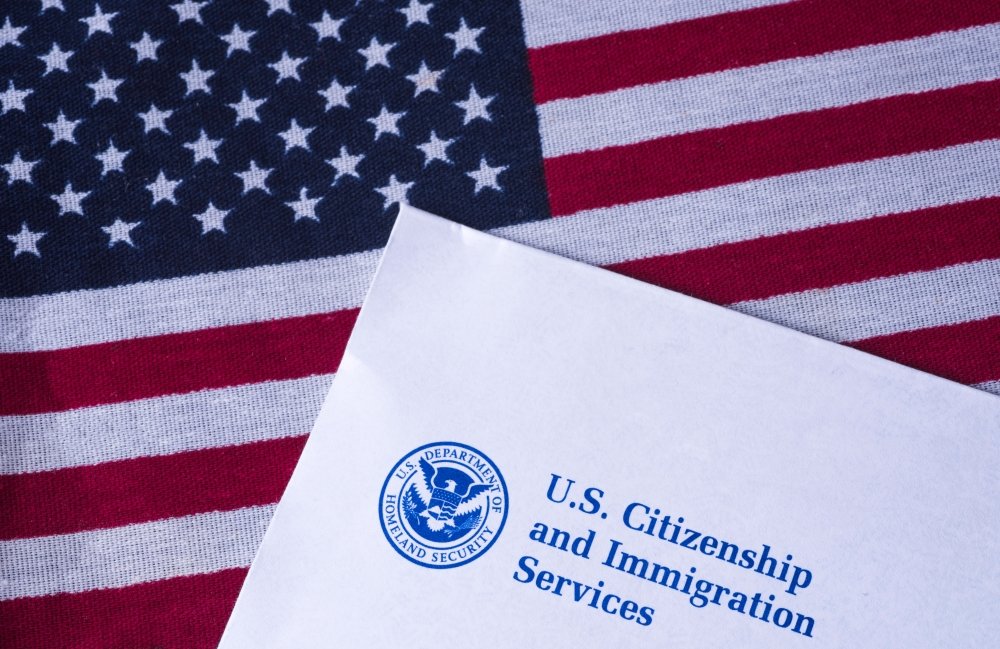
Shutterstock.com
The week before the September 11, 2001 terrorist attacks, the United States had seemed on the cusp of major immigration reform. President George W. Bush and Mexican President Vicente Fox had agreed to a comprehensive framework that included legalization, a guest-worker program, and increased border security. But mere days after that agreement, which seemed poised to win bipartisan support, the terrorist attacks upended substantive policy reform in favor of an enforcement-only agenda.
In a new Migration Policy Institute report, U.S. Immigration Policy since 9/11: Understanding the Stalemate over Comprehensive Immigration Reform, Marc Rosenblum examines the altered political landscape that emerged after 9/11, detailing the legislative actions that resulted in significant new enforcement mandates and the failed efforts to enact comprehensive immigration reform.
The report reviews the history of U.S. immigration legislation over the last decade and describes the challenges and opportunities ahead, which are tied in large measure to economic realities, as well as the regional context of US border security and economic integration.
This work was prepared for the Regional Migration Study Group — a partnership between MPI and the Latin American Program/Mexico Institute of the Woodrow Wilson International Center for Scholars. The Study Group is co-chaired by former Mexican President Ernesto Zedillo, former U.S. Secretary of Commerce Carlos Gutierrez, and former Guatemalan Vice President Eduardo Stein, and includes 17 high-ranking former officials, civil society leaders, policy intellectuals, and immigration specialists in the United States, Mexico, El Salvador, Guatemala, and Honduras.
The Study Group will examine immigration-related issues that include safer, better functioning, and more effective borders; the development and coordinated promotion of more efficient education and workforce-development systems; new strategies to advance immigrant integration; and ideas about better and more orderly migration systems.
With the United States soon to commemorate the ten-year anniversary of 9/11, MPI also will issue a Fact Sheet that details the major changes in the immigration arena that occurred after the devastating attacks. That Fact Sheet, Through the Prism of National Security: Major Immigration Policy and Program Changes in the Decade since 9/11, will be available later this week on www.migrationpolicy.org.
Related Program

Mexico Institute
The Mexico Institute seeks to improve understanding, communication, and cooperation between Mexico and the United States by promoting original research, encouraging public discussion, and proposing policy options for enhancing the bilateral relationship. A binational Advisory Board, chaired by Luis Téllez and Earl Anthony Wayne, oversees the work of the Mexico Institute. Read more


